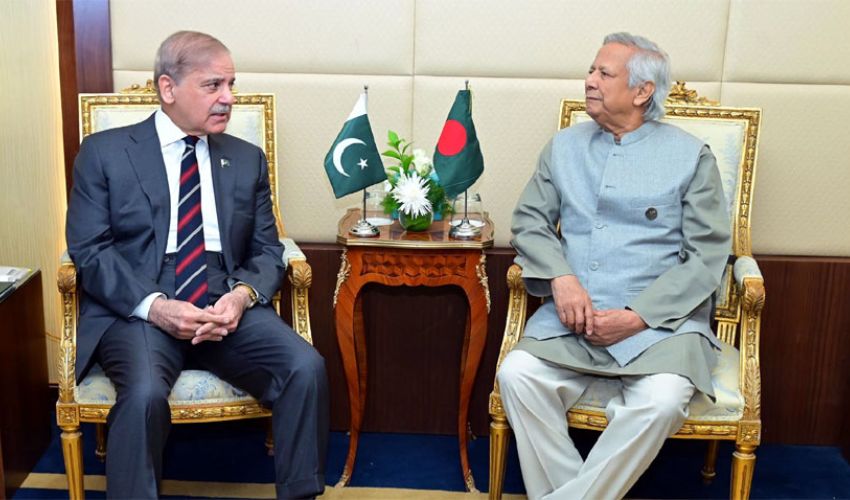Afghanistan faces a mounting terror threat, with the Islamic State Khorasan Province (ISKP) orchestrating a series of deadly attacks across the nation. The surge in violence, spanning from 2021 to 2024, has claimed hundreds of lives and left communities reeling.
Most recently, on May 8, 2024, a bomb blast in Badakhshan resulted in the death of three Taliban members and injuries to six others. This incident follows a string of attacks, including a bombing in Dashte Barchi, Kabul, on January 6, which killed five and injured 14, and a suicide blast outside Kandahar Bank on March 21, claiming 21 lives and leaving over 50 wounded.
The Islamic State Khorasan Province (ISKP) has claimed responsibility for all terrorist attacks in Afghanistan over the past three years, including those targeting civilians and places of worship. Despite evidence linking the Taliban regime to the proliferation of terrorism in the region, they vehemently deny any association with ISKP.
The toll of this violence is staggering, with over 700 lives lost to ISKP attacks between 2021 and 2023 alone. The year 2024 has seen no respite, with attacks continuing unabated, instilling fear and uncertainty among Afghan citizens.
Despite mounting evidence, the Taliban regime persists in denying ISKP's presence on Afghan soil, exacerbating the nation's precarious situation. This denial, coupled with the escalating terror threat, underscores Afghanistan's vulnerability and the challenges faced by its leadership.


























